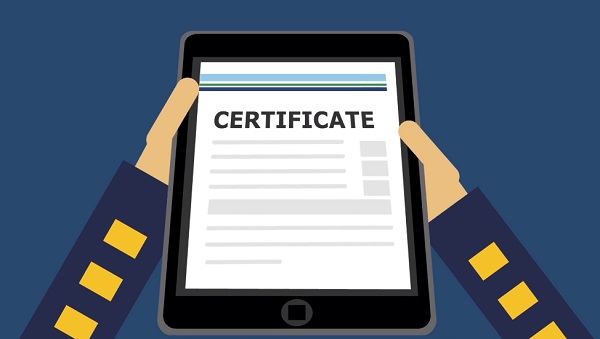For quite a while now, the Rwandan government has been implementing a program called ‘Zero-Trip, Zero-Paper” whose aim is to see citizens apply for services online in order to eliminate tiring movements and paperwork to access official documents and information.
One of the main projects under this program is the electronic certification of Rwandans; citizens are now able to access different forms of certificates, including birth, full identify and marriage certificates online.
But since the roll-out of Irembo, an online portal that allows Rwandans to access up to 86 Government services, the government has realized that the project is not moving as fast as they had anticipated, and officials have come out to reveal why is so.
Jules Ntabwoba, the Outreach Manager at RwandaOnline, or Irembo, recently told The New Times, a government-owned newspaper that there was much put into sensitization of locals and the population is mostly digital illiterate.
“Awareness and literacy really are among the things we have learnt during the (pilot phase) process that need to be addressed. So many people are not aware while others are not digitally literate,” he was quoted in The New Times.
Must read: Nataliey Bitature: How to stay on top of your game as an entrepreneur
According to Ntabwoba, the project is also encountering a lot of resistance from some local institutions, who are finding challenges with verifying the electronic certificates.
“We have faced issues where some institutions would not accept these e-certificates because it was hard to verify whether they are genuine. But we have engaged them and this is changing,” he said, according to The New Times.
Other factors are low Internet connectivity and limited access to smart gadgets. According to reports, there were only 4.3 million Rwandans subscribed to the internet as of the end of 2017, slightly over 35 percent of the entire population.
That aside, the project is already registering some results, with more than 50,000 people said to have been able to apply through Irembo and get e-certificates in Rwanda’s capital, Kigali, where the project started from.
There are also over 3,000 agents deployed across the country to help citizens who may not have access to the internet to easily apply for these e-certificates.
Related:
Uganda’s EzyAgric qualifies for Google’s accelerator programme

